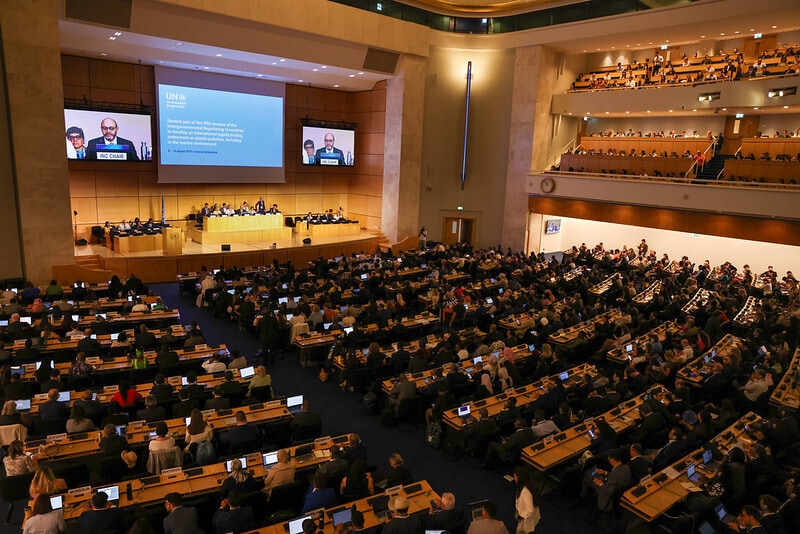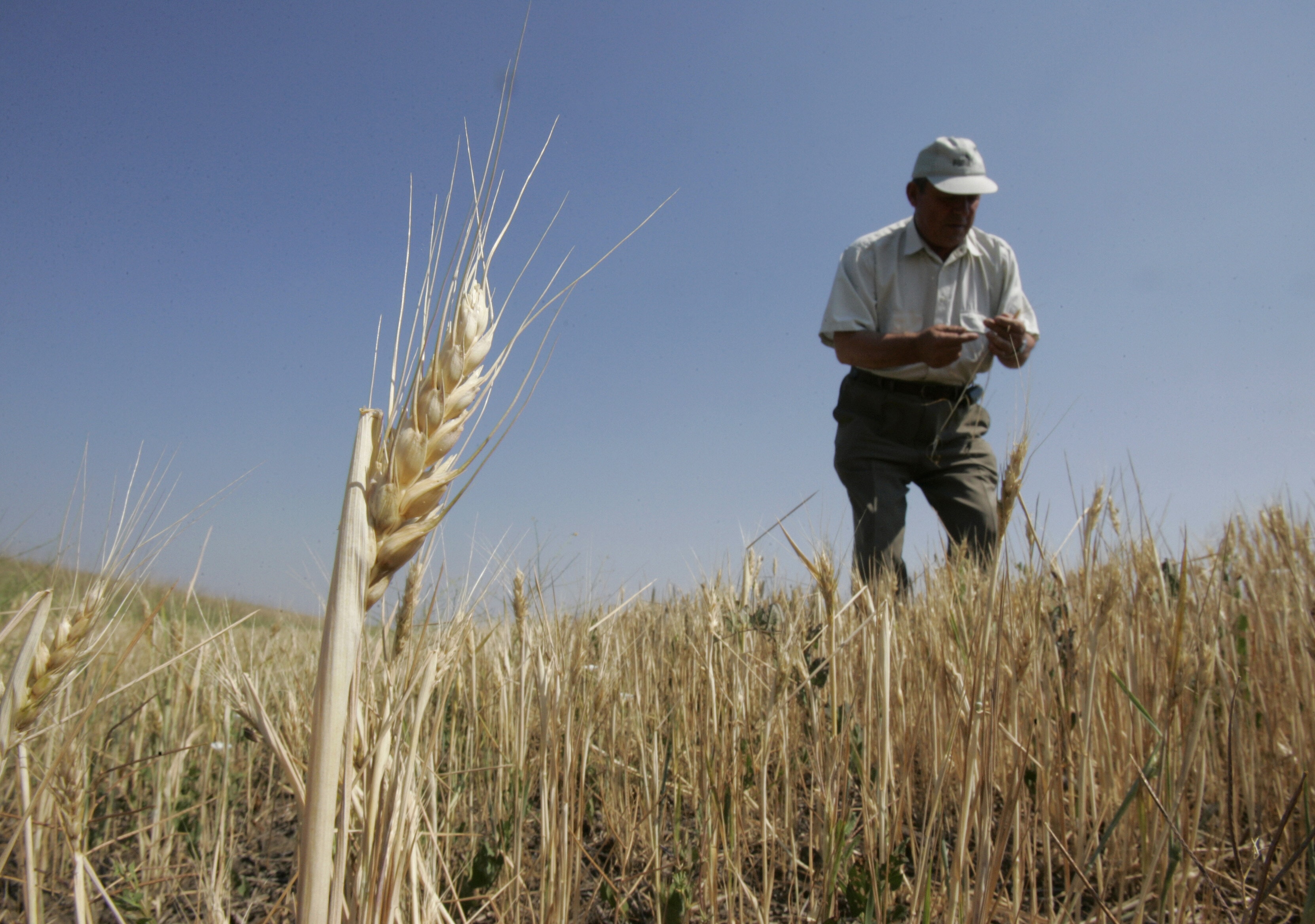Transforming agriculture to feed the world

Stay up to date:
Future of the Environment
How will we feed 9 billion people by 2050? At the World Economic Forum Annual Meeting in Davos, we are discussing how business leaders can help meet this challenge by advancing a “New Vision for Agriculture” that will deliver economic growth, food security and environmental sustainability.
Today, we are launching a new report, Putting the New Vision for Agriculture into Action, outlining the key steps required to achieve an ambitious, lasting transformation in agriculture – in specific countries and worldwide.
With nearly a billion hungry people and many stresses on the world’s natural resources, ensuring sustainability in our food systems is already a challenge. In the future we will need to produce more food more efficiently, and with greater economic benefit – going beyond “business as usual” to take a new approach to agriculture.
A true transformation in global agriculture could reinvigorate rural economies, providing sustainable livelihoods for several hundred million smallholder farmers and a resilient source of economic growth for countries around the globe.
That is why 26 global Partner companies of the World Economic Forum have joined with governments, international organizations, farmer leaders, civil society representatives and experts to develop a new approach to agricultural growth. We are working with this diverse, rapidly-growing network of leaders to develop new ways of collaborating to reach shared goals for progress in agriculture. Through partnerships we have facilitated in Asia, Africa and Latin America, stakeholders from all sectors are working together in new ways – sharing best practices and lessons learned, and aligning efforts and investments to boost sustainable growth.
To understand what it takes for a country to transform its agriculture sector, we can look to experiences around the world, which point to six key elements of success in a large-scale transformation effort. These include:
- Leadership and alignment of stakeholders around shared goals
- Clear strategy and priorities for implementing the transformation based on market opportunities
- An investment and entrepreneurship pipeline to strengthen markets’ and farmers’ competitiveness
- Enabling hard and soft infrastructure policies and investments
- Catalytic financing and risk management solutions
- Robust mechanisms and institutions to deliver, implement and sustain large-scale change
On a global level, our analysis shows that the New Vision for Agriculture can be achieved through specific actions that improve productivity, sustainability and efficiency for both smallholder and large-scale farmers. Putting those changes into effect requires partnership among stakeholders.
Implementing a large-scale transformation will take years and require sustained commitment. However, the results make the effort worthwhile. We hope our new report will provide useful tools and insights to stakeholders around the world who want to make the New Vision a reality.
Lisa Dreier is Director of the Food Security and Development Initiatives, World Economic Forum USA
Don't miss any update on this topic
Create a free account and access your personalized content collection with our latest publications and analyses.
License and Republishing
World Economic Forum articles may be republished in accordance with the Creative Commons Attribution-NonCommercial-NoDerivatives 4.0 International Public License, and in accordance with our Terms of Use.
The views expressed in this article are those of the author alone and not the World Economic Forum.
Forum Stories newsletter
Bringing you weekly curated insights and analysis on the global issues that matter.
More on Nature and BiodiversitySee all
Tom Crowfoot
August 20, 2025
Chavalit Frederick Tsao
August 19, 2025
Andrea Willige
August 15, 2025
Tom Crowfoot
August 14, 2025
James Balzer
August 14, 2025



